After more than four and a half hours of dialogue, the two sides said they would form negotiating groups to end the war in Ukraine and organize a summit between Russian President Vladimir Putin and his US counterpart Donald Trump.
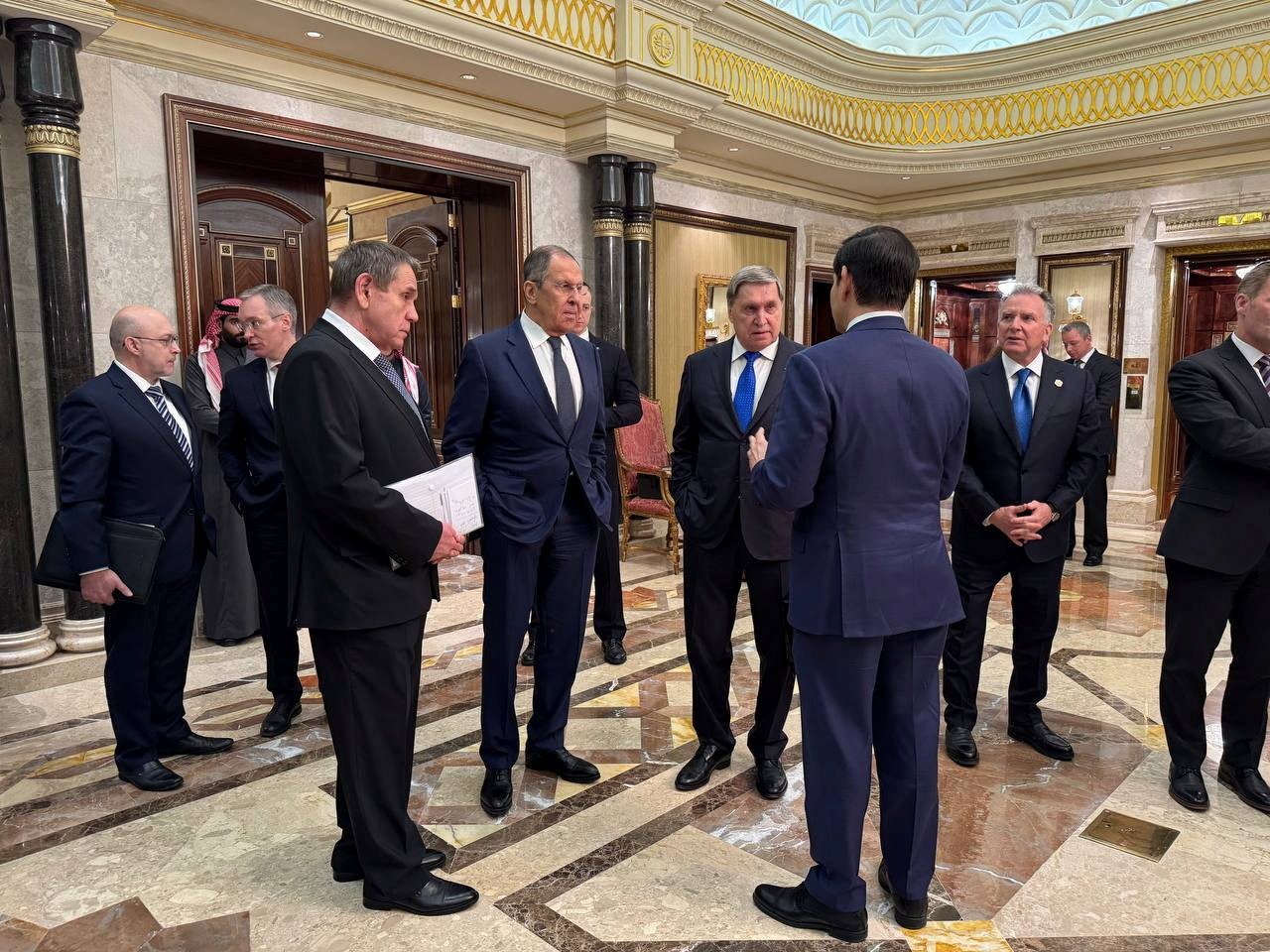
Russian and US officials talk on the sidelines of the dialogue
RIA news agency quoted CEO of the Russian Direct Investment Fund Kirill Dmitriev as saying that high-level dialogue between US and Russian officials in Riyadh (Saudi Arabia) on February 18 to find a way to end the war in Ukraine was "positive".
Mr. Dmitriev is a member of the Russian delegation attending the dialogue. The US delegation includes Secretary of State Marco Rubio and National Security Advisor Mike Waltz, while the Russian delegation includes Foreign Minister Sergei Lavrov and Russian President Vladimir Putin's assistant Yury Ushakov.
Mr. Ushakov said the dialogue, which lasted for 4.5 hours, ended well. Accordingly, the two sides discussed the terms of a future meeting between President Putin and US President Donald Trump.
No date has been set for the summit, but it is unlikely to take place next week, Ushakov said. He said Russian and US negotiators from different teams would start contacting each other on Ukraine at an appropriate time. The decision to contact the US on Ukraine would be up to President Putin, he added.
Regarding that summit, he said that "the delegations of the two countries need to work closely together." "We are ready for this, but it is still difficult to talk about a specific date for the meeting between the two leaders," AP quoted Mr. Ushakov as saying.
After the dialogue, the US State Department issued a statement saying that the two sides will set up groups to "negotiate to end the conflict in Ukraine.
Accordingly, the US and Russia agreed to resolve "unpleasant issues" in bilateral relations and begin building a roadmap to end the war in Ukraine, while clarifying that this effort is still in the early stages.
“A phone call followed by a meeting is not enough to establish lasting peace,” US State Department spokeswoman Tammy Bruce said in a statement.
Also on February 18, Kremlin spokesman Dmitry Peskov said that a settlement to the war in Ukraine requires a reorganization of European defense agreements.
Moscow has long called for NATO to withdraw from Eastern Europe, viewing the alliance as an existential threat on its flank. "A viable and lasting solution is impossible without a comprehensive review of security issues on the continent," Peskov was quoted as saying by AFP.
Responding to a question about the possibility of Ukraine joining the European Union (EU), Mr. Peskov said that "this is the sovereign right of any country".
At a press conference on February 18, Russian Foreign Ministry spokeswoman Maria Zakharova said that Ukraine's accession to NATO would be "unacceptable" for Russia.
“This poses a serious threat to our security and will lead to catastrophic consequences for the whole of Europe,” Zakharova said. The spokeswoman said that “refusing to accept Kyiv into NATO right now is not enough,” suggesting that Moscow may want longer-term guarantees that Ukraine will not be allowed to join the military alliance in the future.
In a related development, Ukrainian President Volodymyr Zelensky met with Turkish President Recep Tayyip Erdogan in the capital Ankara, the Turkish presidency said. The Turkish presidency had earlier said the two sides would meet to "further strengthen cooperation" between the two countries.
Source: https://thanhnien.vn/doi-thoai-cap-cao-nga-my-dien-ra-tich-cuc-va-ket-thuc-tot-dep-185250218195424539.htm



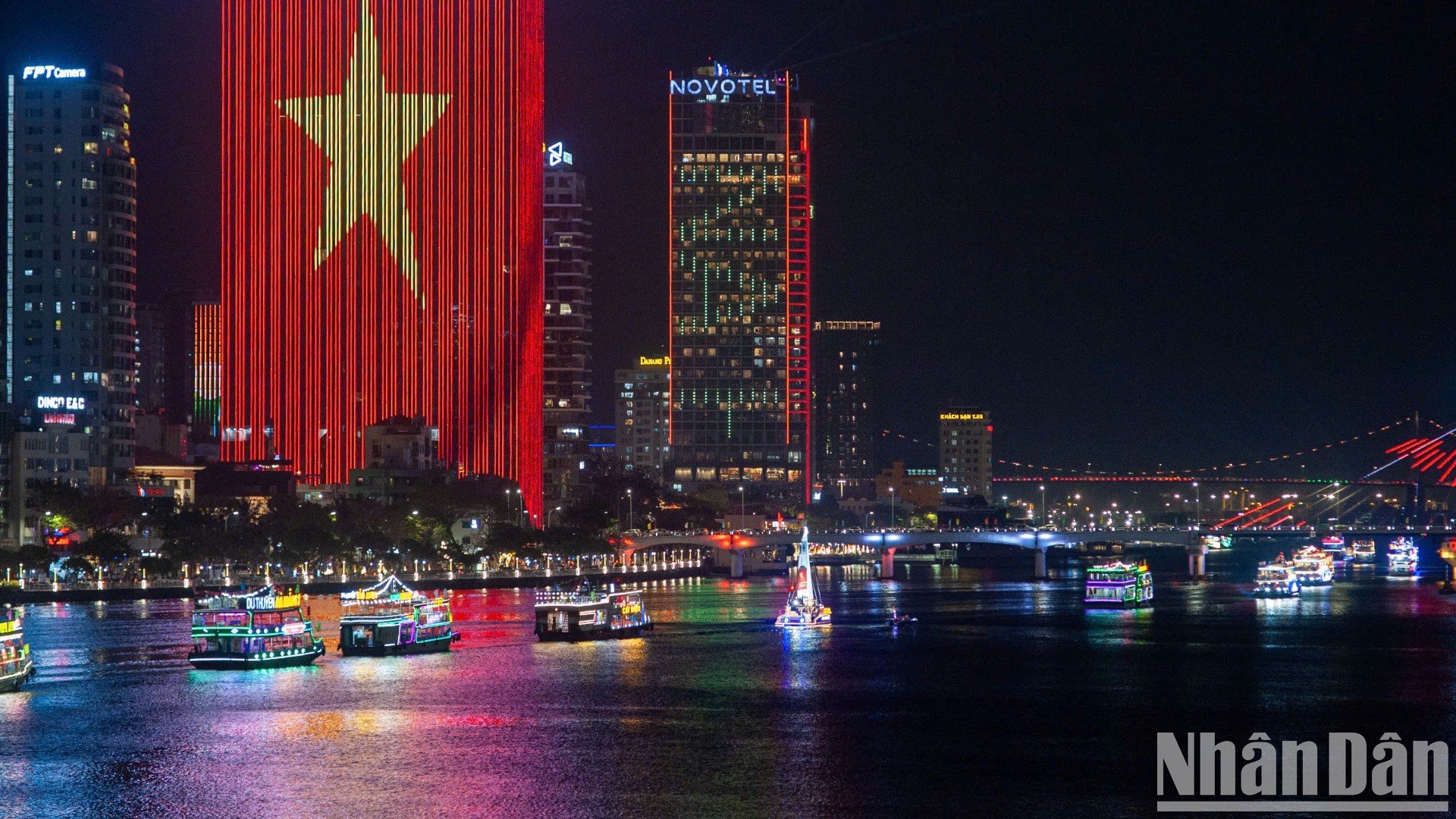
![[Photo] Unique Ao Dai Parade forming a map of Vietnam with more than 1,000 women participating](https://vstatic.vietnam.vn/vietnam/resource/IMAGE/2025/3/29/fbd695fa9d5f43b89800439215ad7c69)

![[Photo] Schools and students approach digital transformation, building smart schools](https://vstatic.vietnam.vn/vietnam/resource/IMAGE/2025/3/29/9ede9f0df2d342bdbf555d36e753854f)

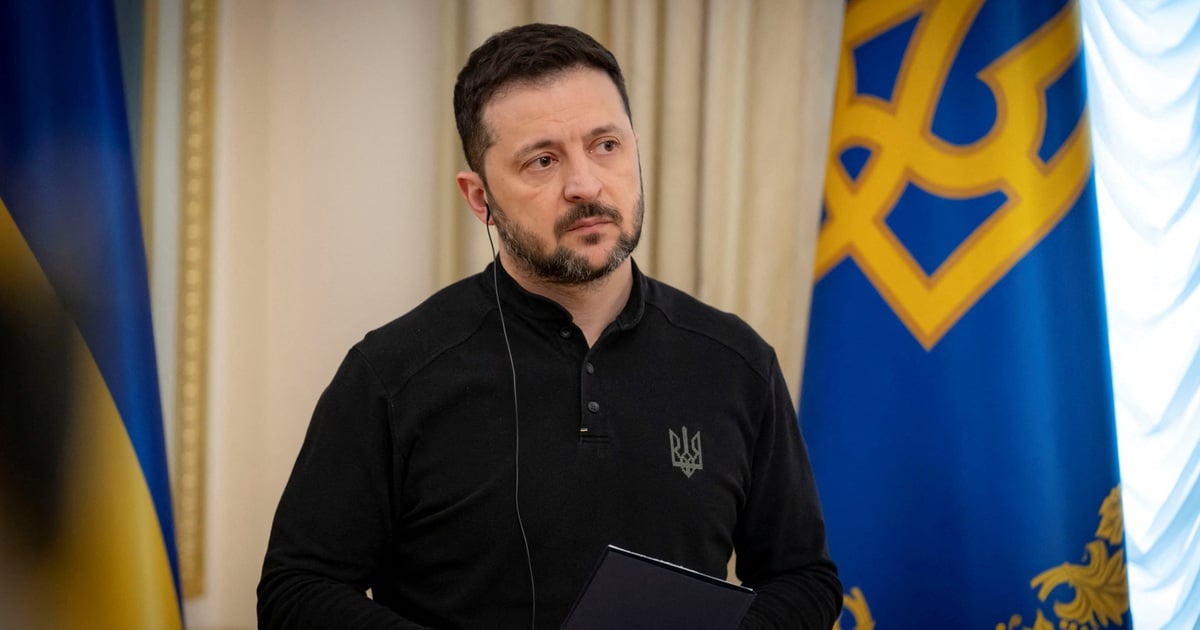
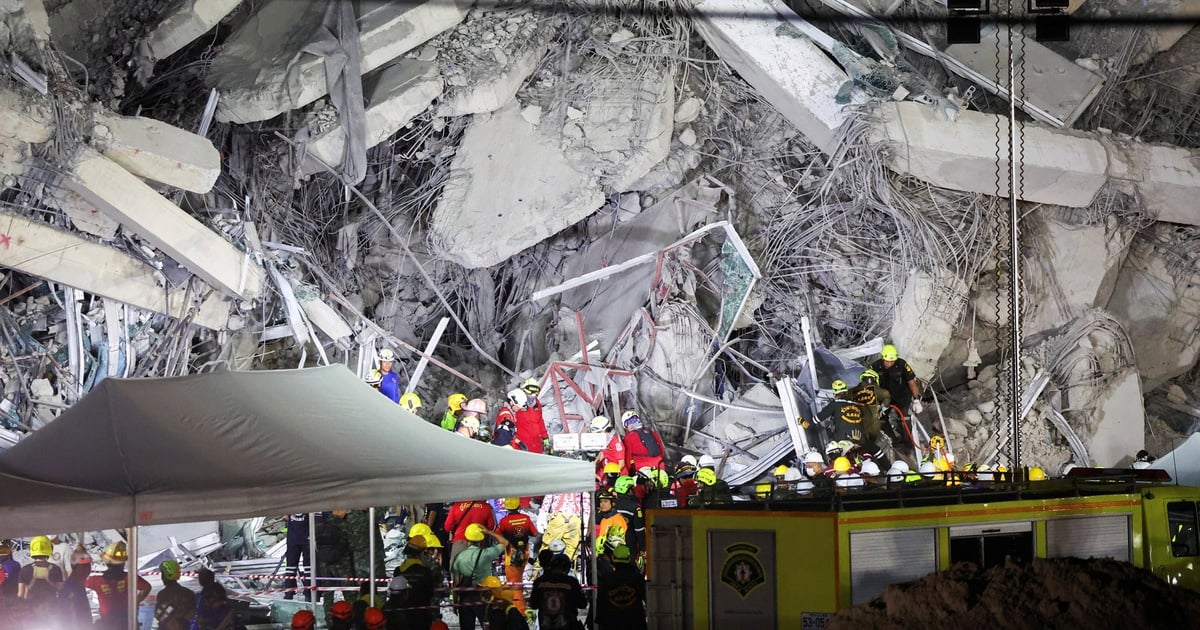
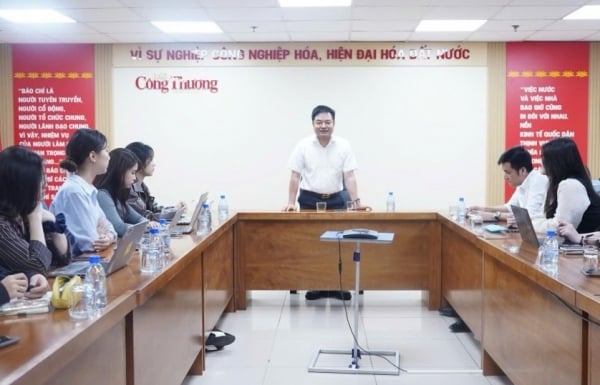

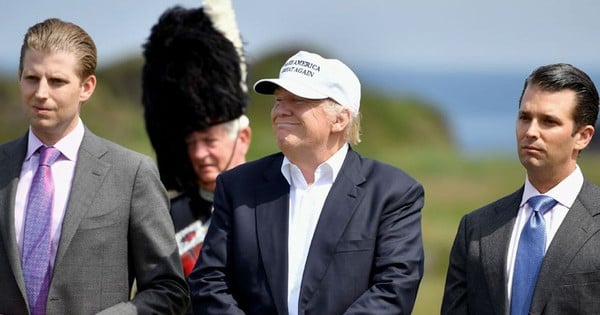

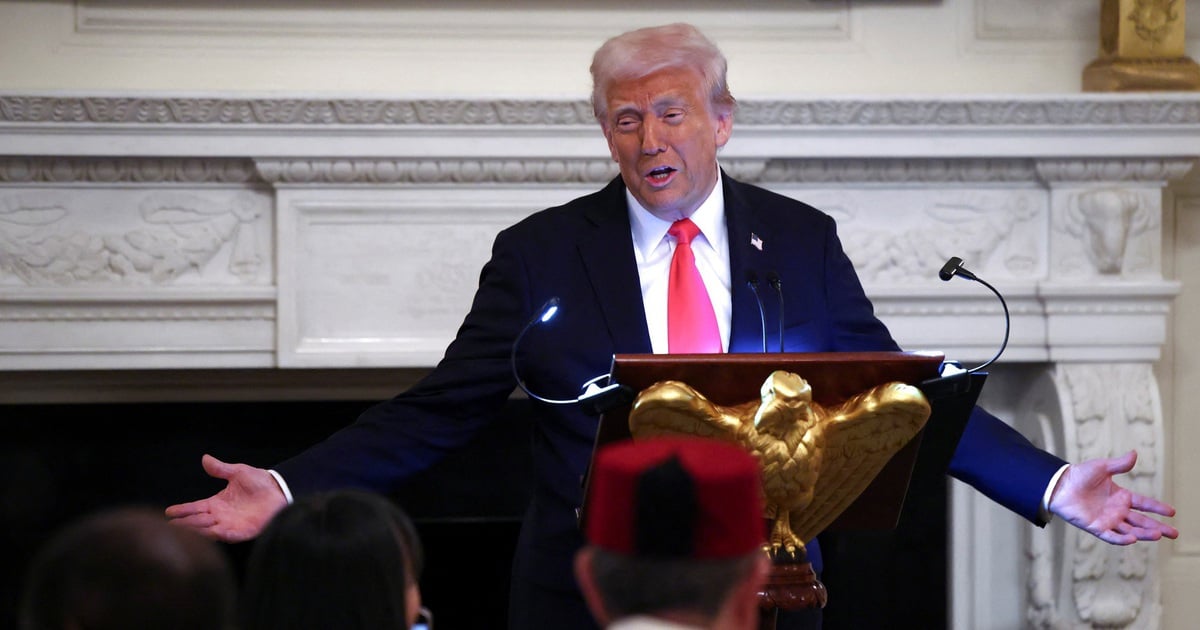
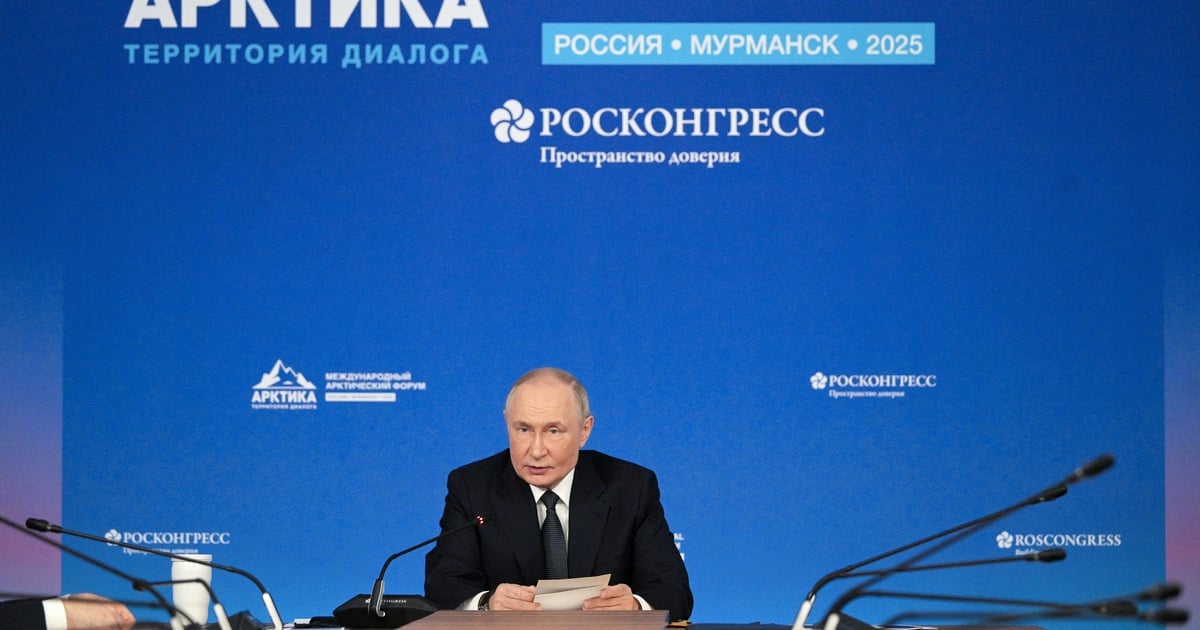
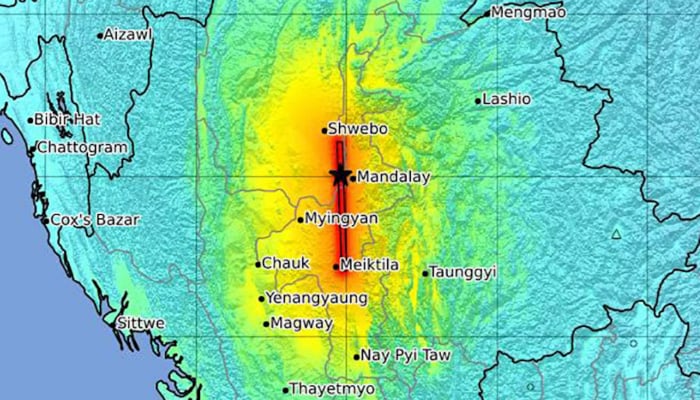
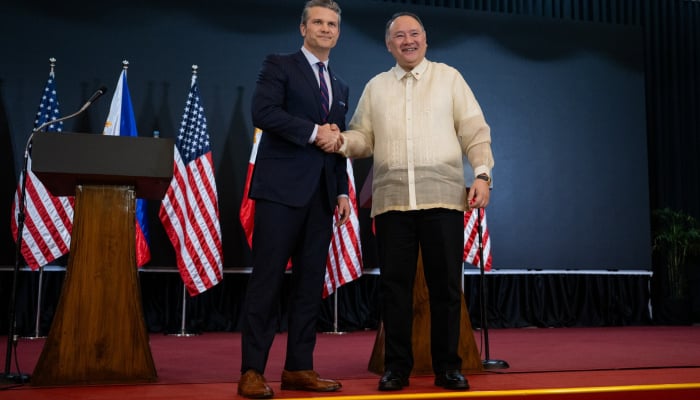

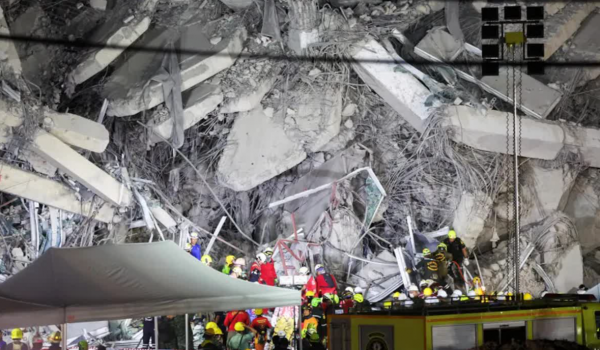
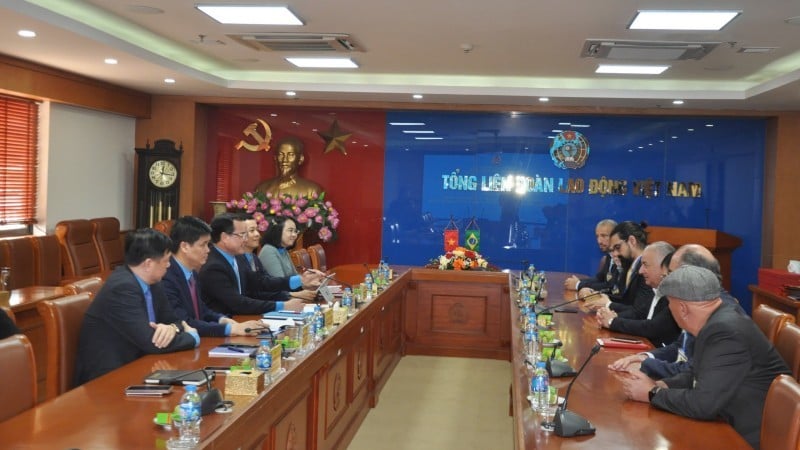









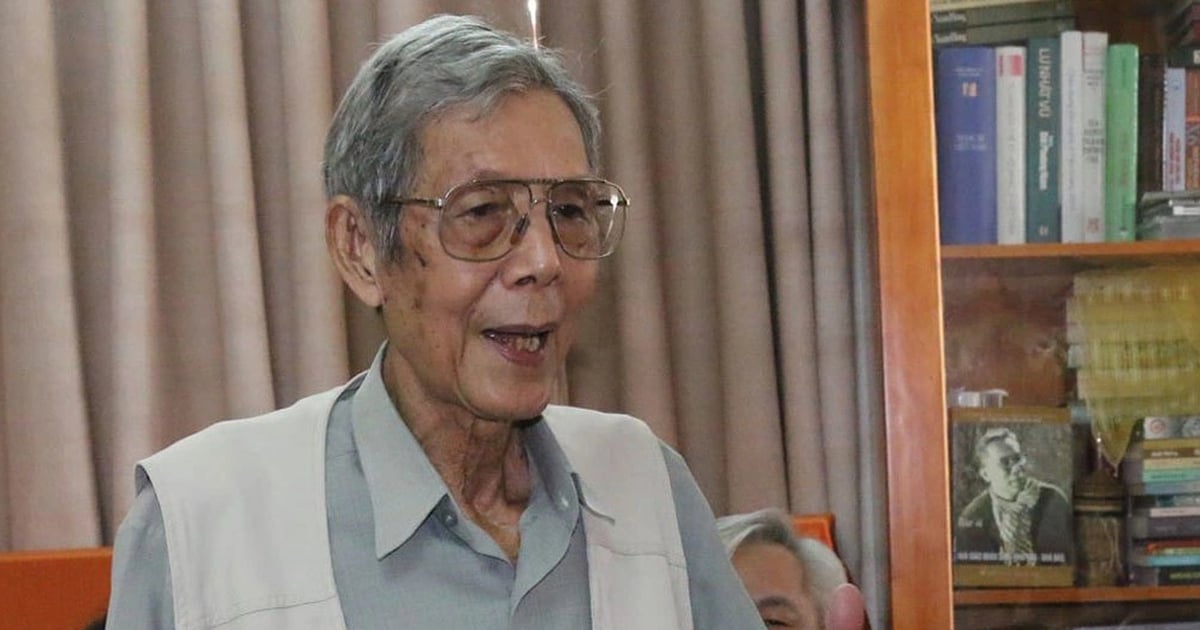

![[Photo] Flower cars and flower boats compete to show off their colors, celebrating the 50th anniversary of Da Nang Liberation Day](https://vstatic.vietnam.vn/vietnam/resource/IMAGE/2025/3/28/086d6ece3f244f019ca50bf7cd02753b)
![[Photo] Training the spirit of a Navy soldier](https://vstatic.vietnam.vn/vietnam/resource/IMAGE/2025/3/29/51457838358049fb8676fe7122a92bfa)












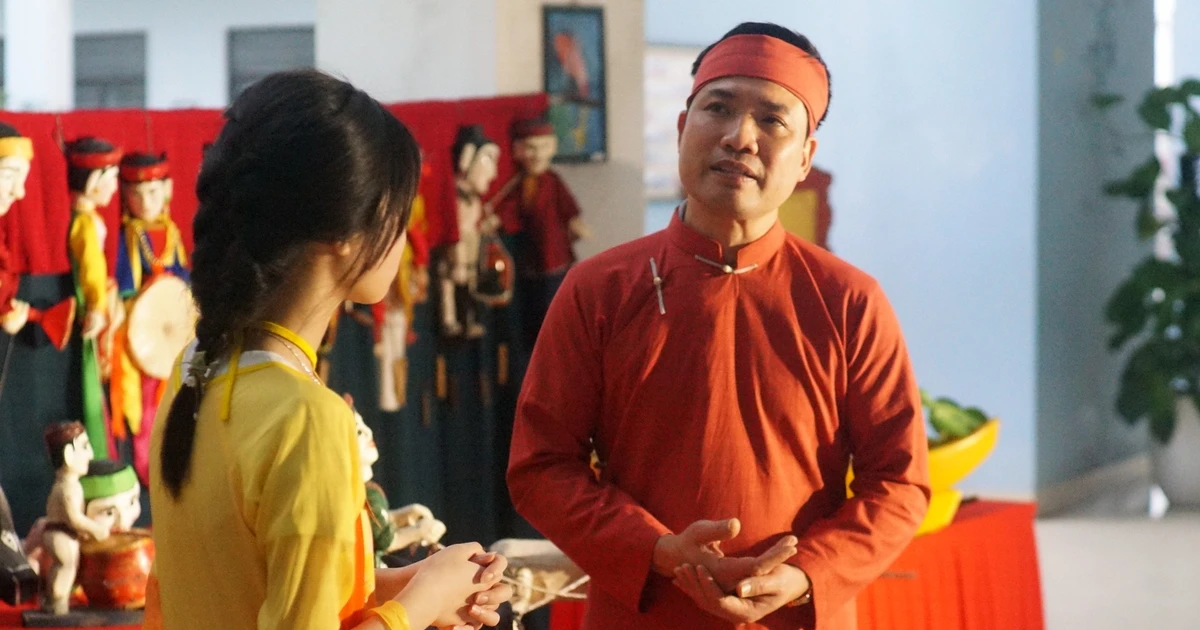
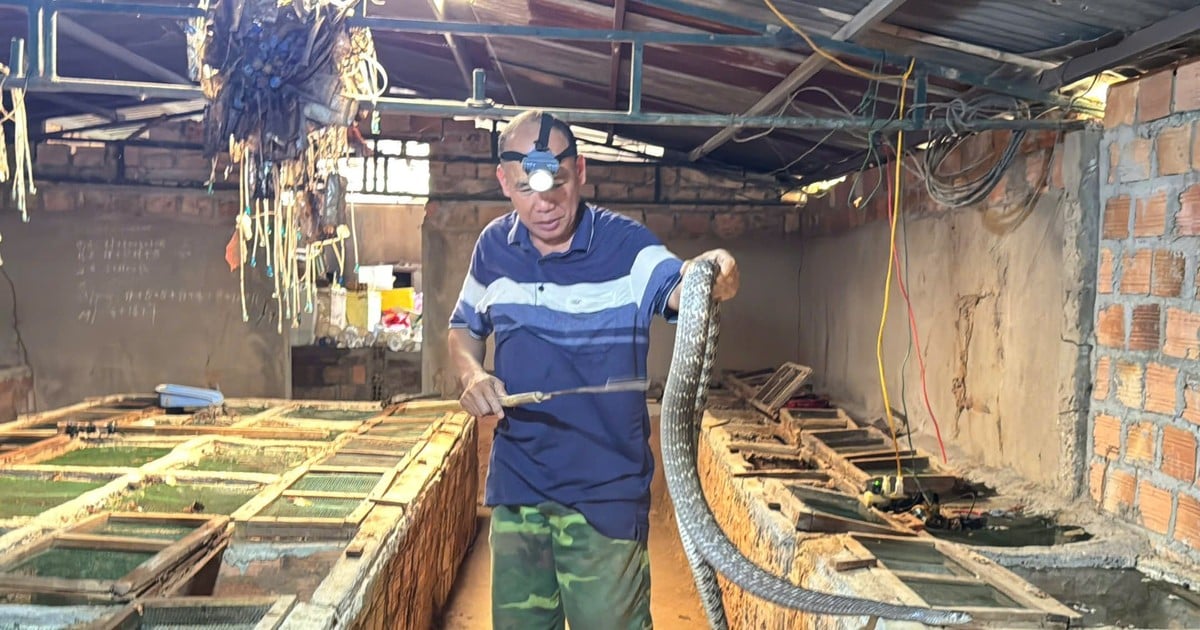






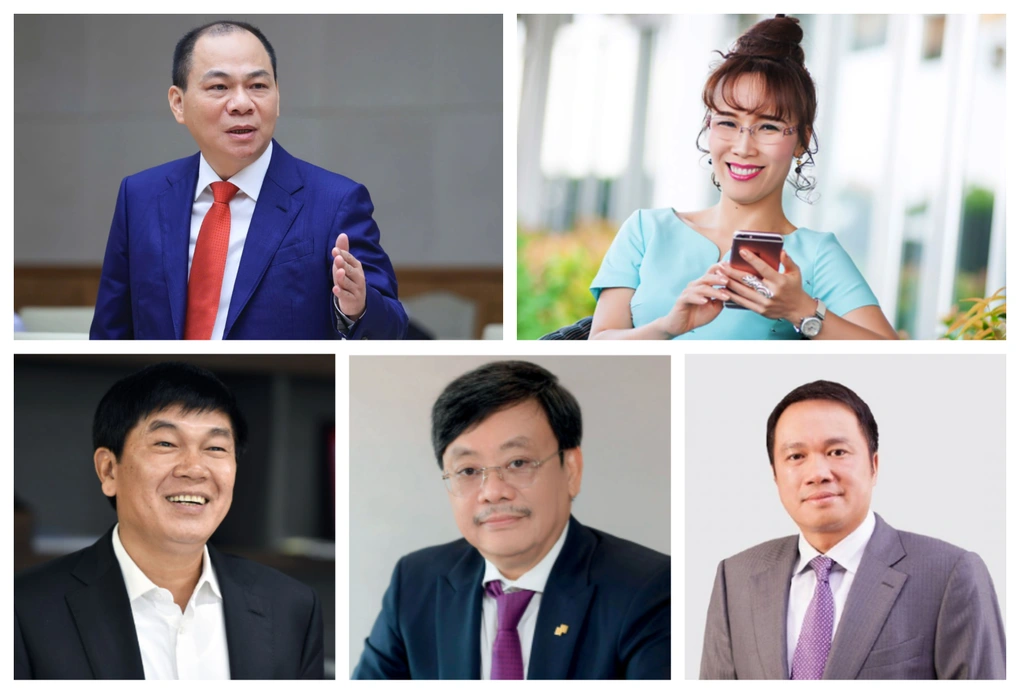











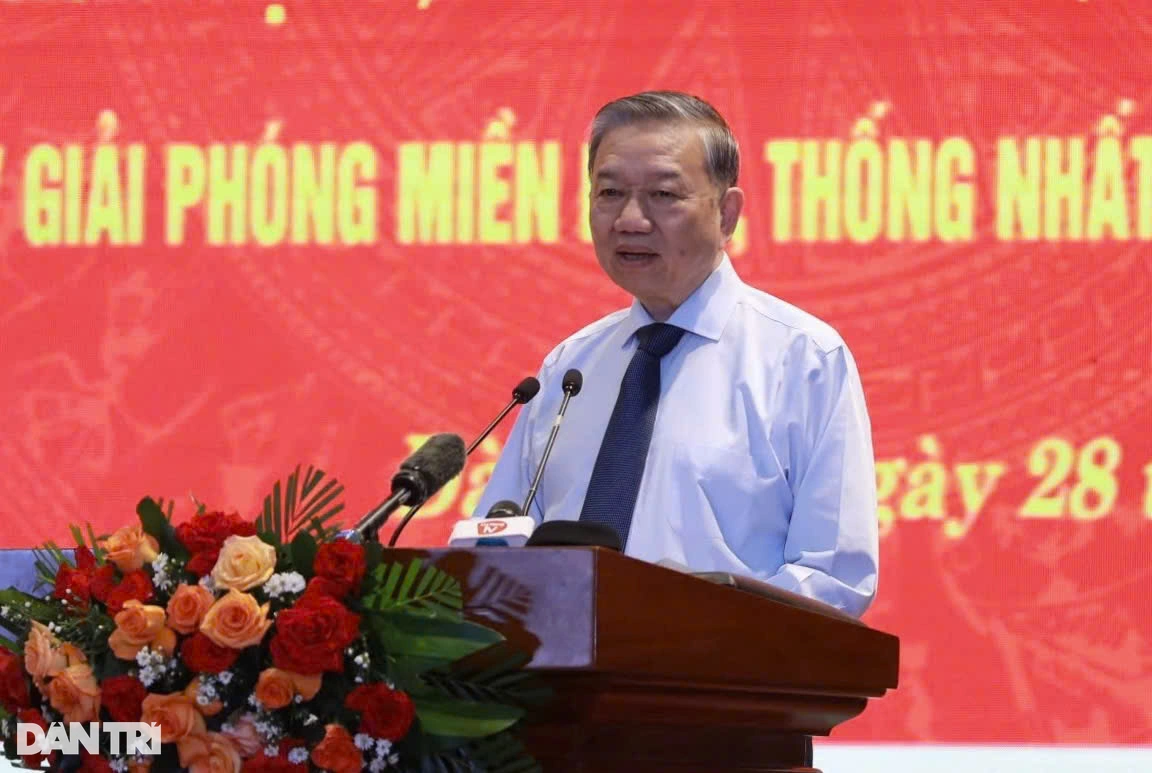
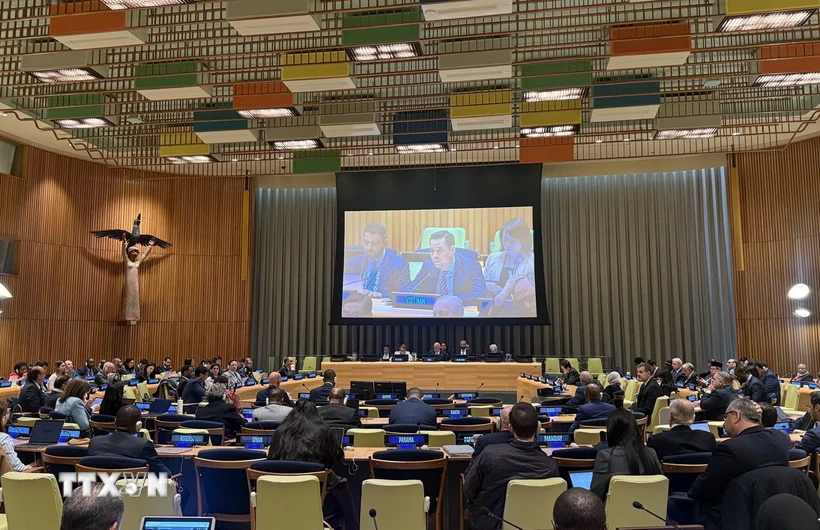
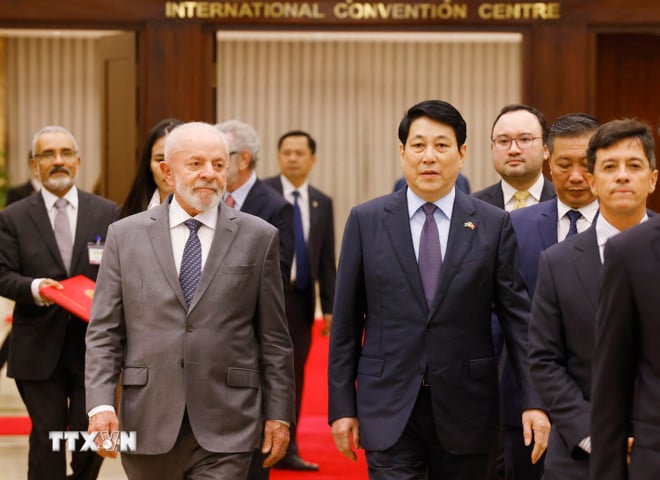
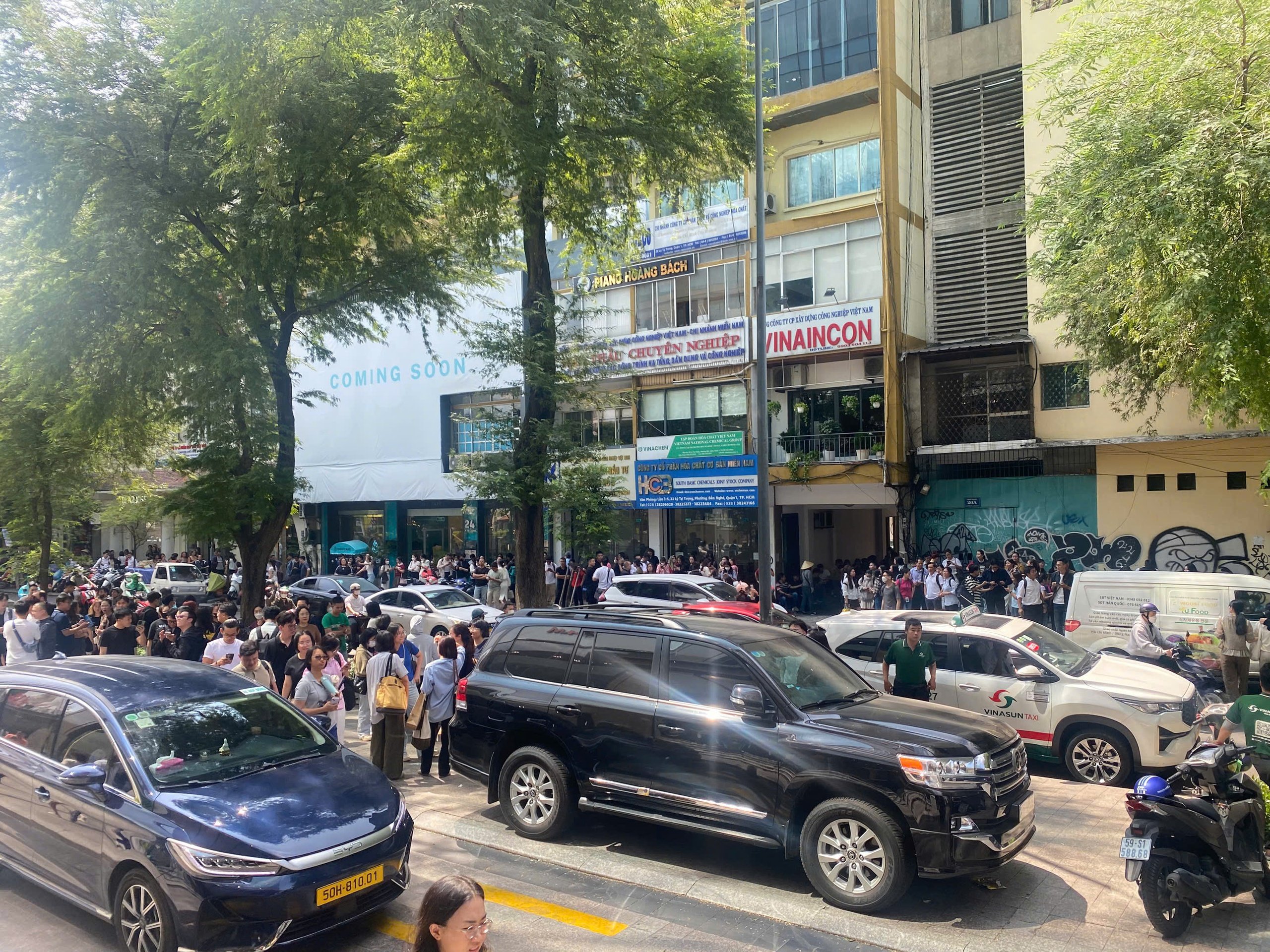
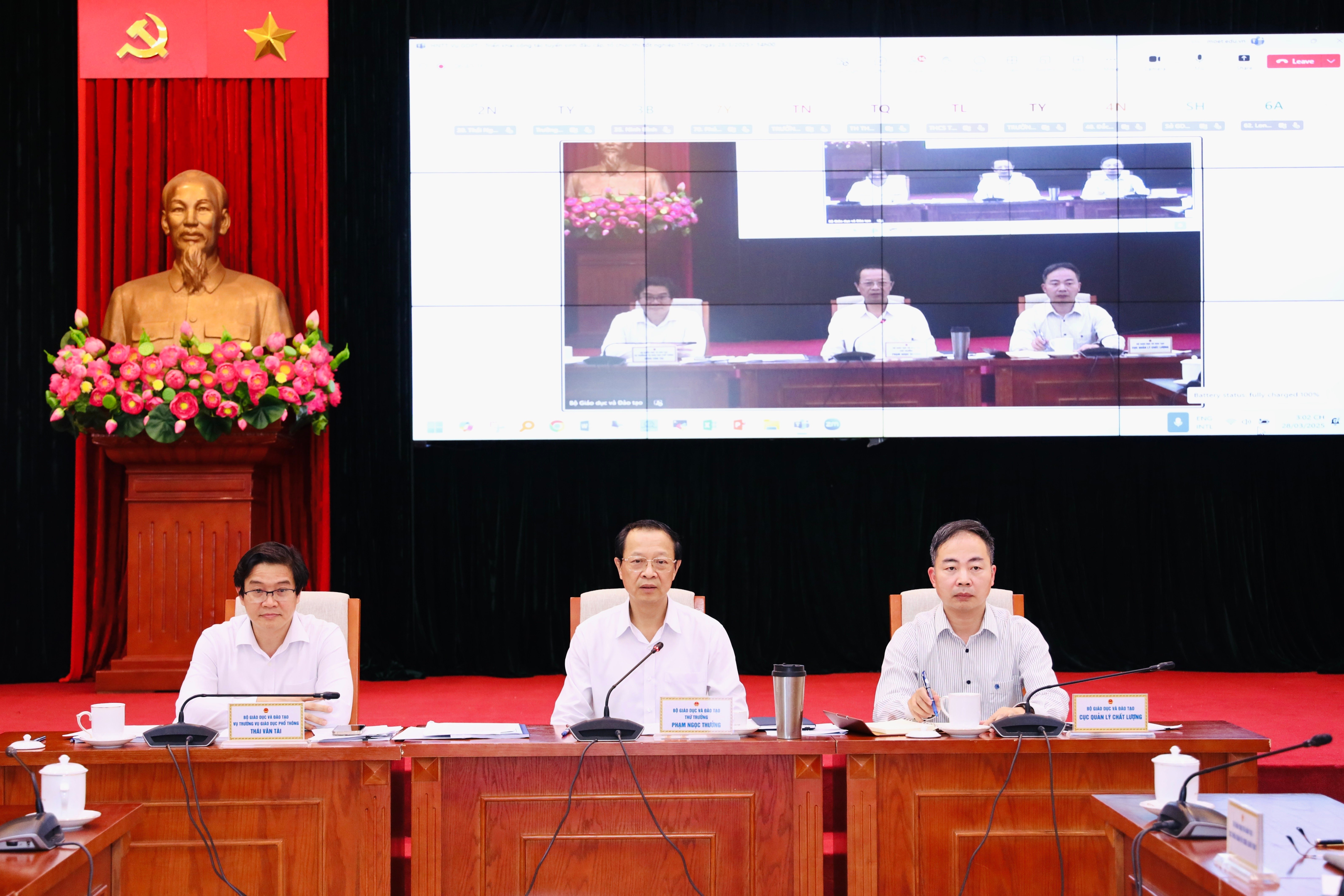




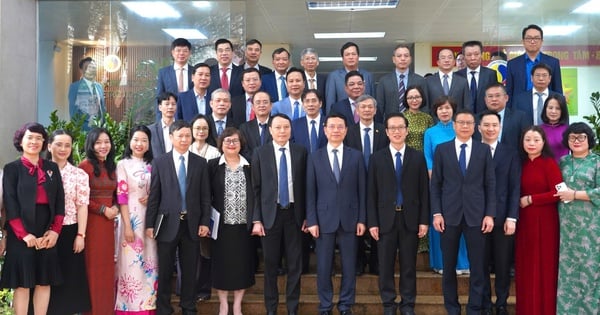


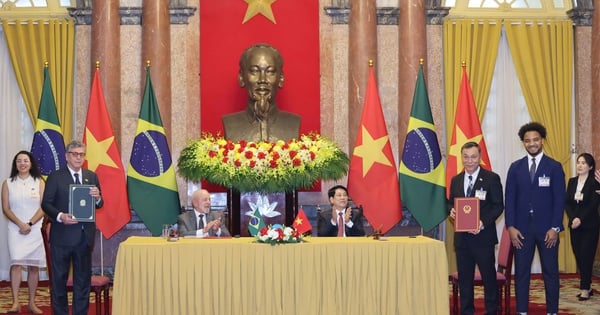
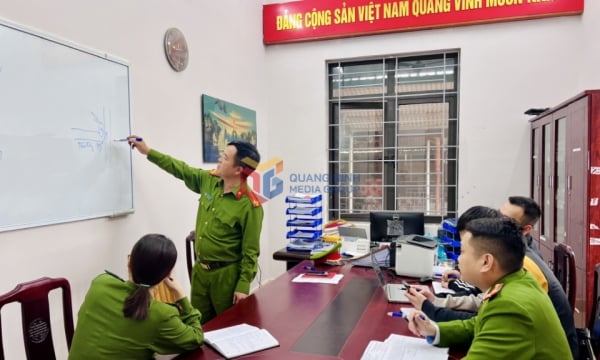

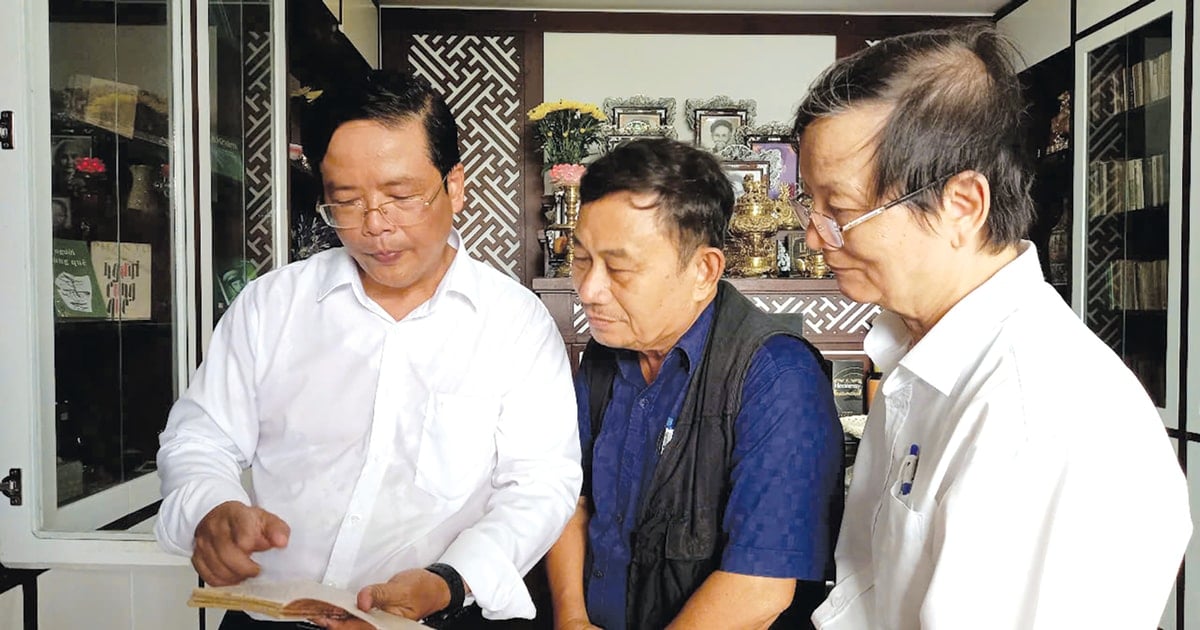

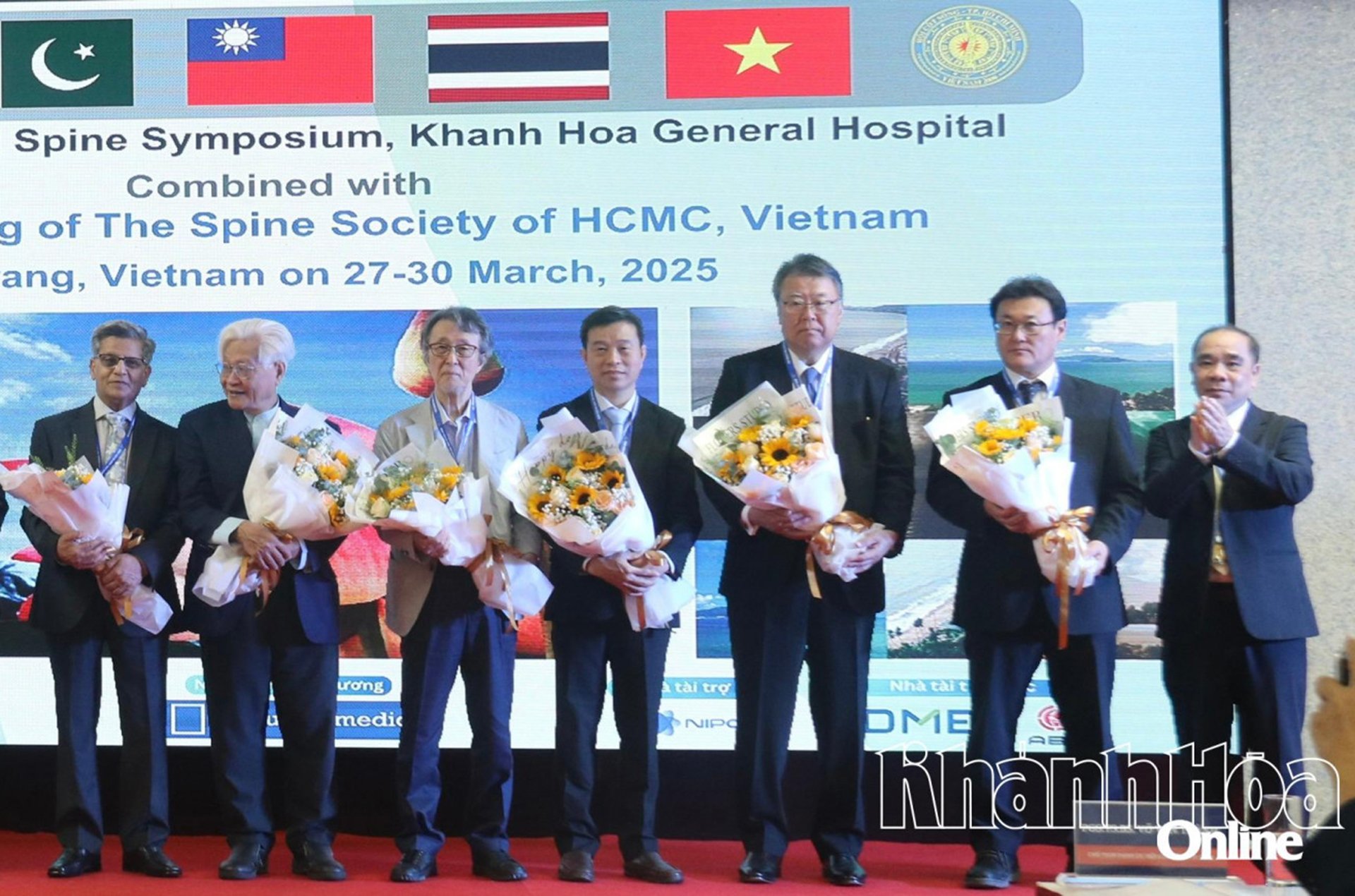

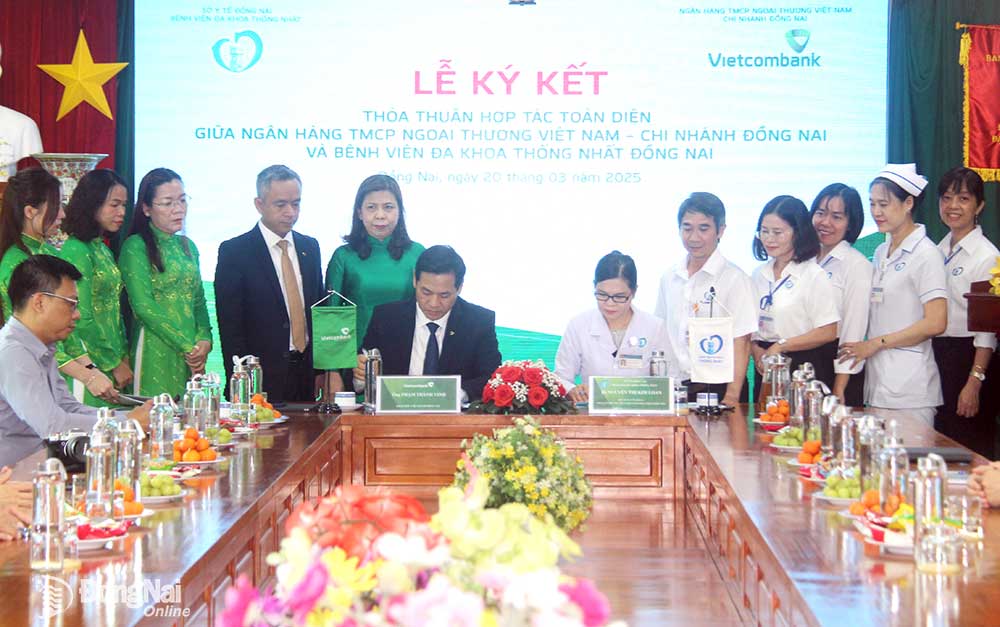

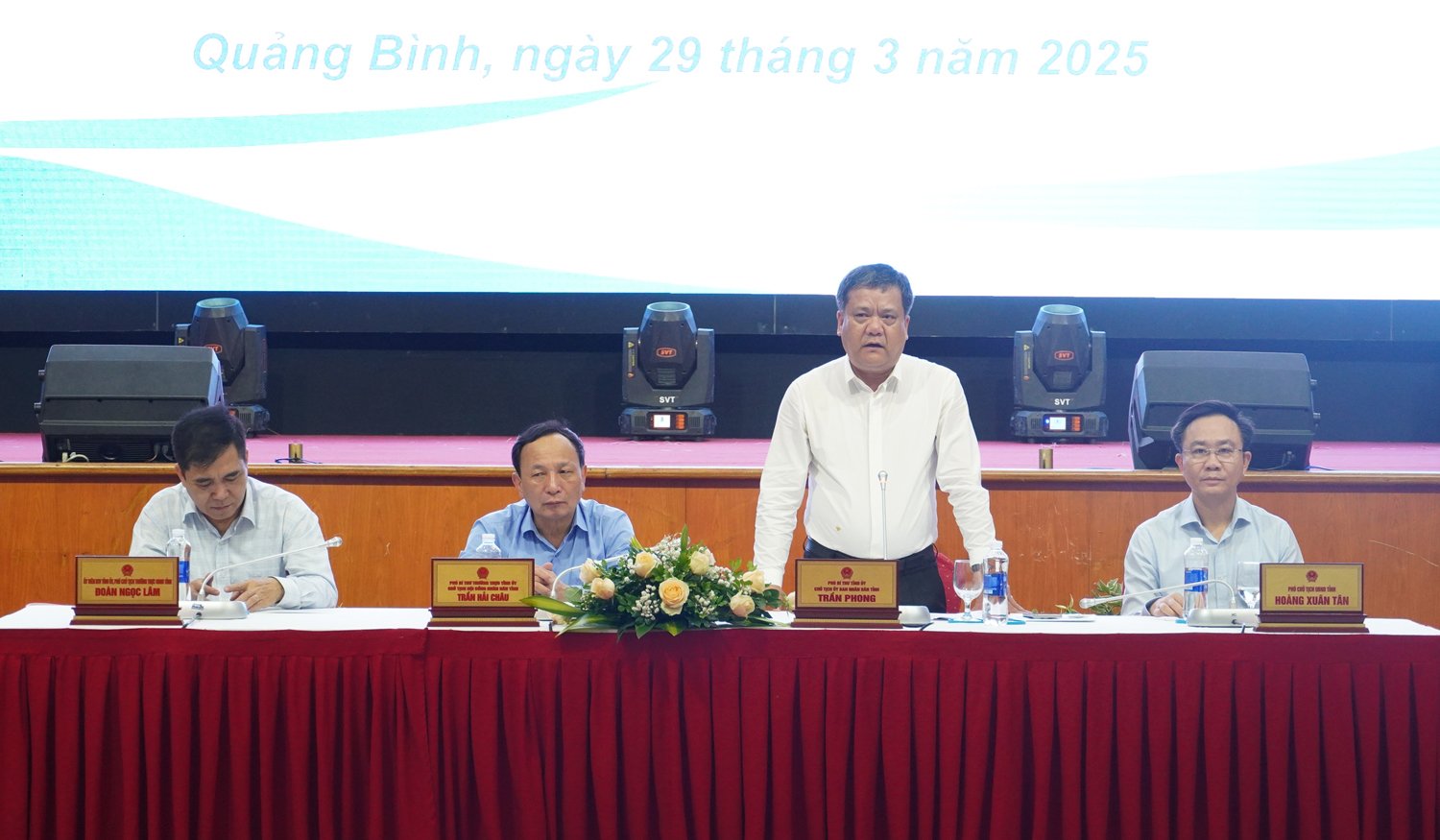











Comment (0)